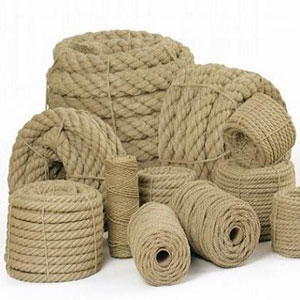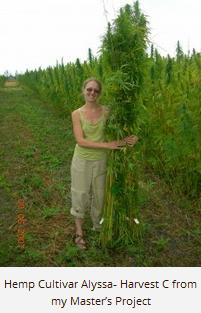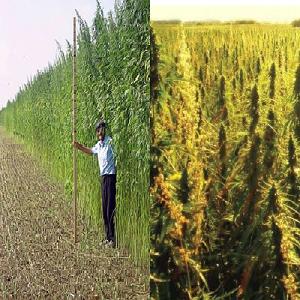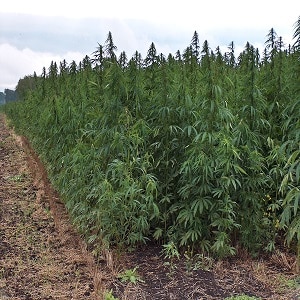 Get More Involved With Hemp Reform
Get More Involved With Hemp Reform
By Anndrea Hermann
Many of my posts will reflect on my hemp dreams. I am thankful to have this outlet to share them. I hope that interested readers will get more involved here at NCC and with Vote Hemp, Hemp Industries Association and The Canadian Hemp Trade Alliance.
During my internship I had the opportunity to assist the Parkland Crop Diversification Foundation (PCDF) with their hemp trials in the Parkland Region of Manitoba. PDCF has been conducting hemp field agronomic trials since 1998. These may be the longest consecutive government funded hemp trials in Canada, to the best of my knowledge. The project are transferable to the USA, especially states like North Dakota as the environmental conditions are similar. The PCDF reports are a great agronomic tool as we prepare for hemp legalization in the USA.
From the 2011 report I will highlight 1 of the 4 trials: Industrial Hemp Trial- Dormant Seeded vs. Spring Seeded (3rd year). As part of the Canadian hemp regulations, volunteer hemp plants that return must be culled from the field. It was noted that some of the hemp cultivars had an increased occurrence of this ‘volunteerism’. This made for an interesting agronomic take on seed timing. I have seen volunteer hemp up before the weeds appeared, or before you could start to work the field. This kind of canopy coverage and elongation advantage could result in increase yields and decrease in weed pressure.
 PCDF examined 3 hemp cultivars (Alyssa, Delores and Petera ) seeded both in the fall (Nov. 2010) and spring (May 2011) season. Unfortunately the plots were eventually destroyed due poor emergence of the fall seeded hemp. It was concluded the poor emergence was due to early heavy snowfall which created an insulation affect preventing the ground from freezing up soon after seeding. Mother Nature, gotta appreciate her!
PCDF examined 3 hemp cultivars (Alyssa, Delores and Petera ) seeded both in the fall (Nov. 2010) and spring (May 2011) season. Unfortunately the plots were eventually destroyed due poor emergence of the fall seeded hemp. It was concluded the poor emergence was due to early heavy snowfall which created an insulation affect preventing the ground from freezing up soon after seeding. Mother Nature, gotta appreciate her!
The data from the previous 2 years showed a increase in grain and fibre yields resulting from the dormant seeded hemp over the spring seeded. However, more research is needed to identify seeding depth, rate, timing, effect of different crop stubble, to isolate dormant traits within the gene pool and yield potential vs risk.
Insider Note: The Plant Breeder of the 3 cultivars always named his cultivars after women he respected. After his death, the PIHG named his newly registered cultivar Petera (female version of his name Peter) in his honour.









